Silicon Motion new PCIe 4.0 controllers offer up to 7.4GB/s speeds
Silicon Motion controllers are found in quite a number of SSDs, across a wide price range. The new SM2264, SM2267 and SM2267XT take advantage of the newer PCIe 4.0 interface to offer higher performance levels than their predecessors, and given that we are looking at three controllers, we will be seeing them appear in SSDs targeted at at various price points.
The high-end SM2264 promises up to 7.4GB/s read and 6.8GB/s write speeds. Random performance is also pretty interesting, with 1000K IOPS for both read and write. With support for a total of 8 NAND channels and 8 CEs per channel, SSDs based on the SM2264 can arrive with really impressive capacities.
There’s also support for LPDDR4 and DDR4 DRAM, which should offer for improved efficiency over the previous generation of SSDs. The SM2264 is manufactured on the 12nm FinFET process too, which is a pretty big leap forward from Silicon Motion’s last high-end controller, the SM2262EN.
For more affordable “mainstream” PCIe 4.0 SSDs, Silicon Motion offers the SM2267 and SM2267XT controllers. Both of these controllers offer up to 3900MB/s read and 3500MB/s write speeds, making them just a bit faster than what high-end PCIe 3.0 x4 SSDs are capable of.
The main difference between these two controllers would be the DRAM support and the CEs per channel. The The SM2267 supports both LPDDR4 and DDR4 DRAM, while the SM2267XT does not support DRAM. It also halves the CEs per channel to 4, versus the SM2267’s 8 CEs per channel.
Silicon Motion PCIe 4.0 controller specs
| SM2264 | SM2267 | SM2267XT | |
| Arm CPU Cores | 4 x Cortex-R8 | 2 x Cortex-R5 | |
| DRAM Support | LPDDR4, DDR4 | No | |
| NAND channels | 8 | 4 | |
| CEs per channel | 8 | 4 | |
| Sequential Read / Write (GB/s) | 7.4 / 6.8 | 3.9 / 3.5 | |
| 4K Random Read / Write (IOPS) | 1000K / 1000K | 500K / 500K | |
Hopefully we will see more affordable PCIe 4.0 SSDs crop up in the near future, which will allow OEMs to integrate them into the upcoming Tiger Lake laptops which do support PCIe 4.0.
Enthusiasts who don’t want to spend too much on their storage can probably also opt for the more affordable PCIe 4.0 SSDs, which still offer a significant performance boost over current premium PCIe 3.0 SSDs. Or maybe some would like to get these to drop into their PS5?
Pokdepinion: I do look forward to seeing the SM2267 in more SSDs in these coming months.
















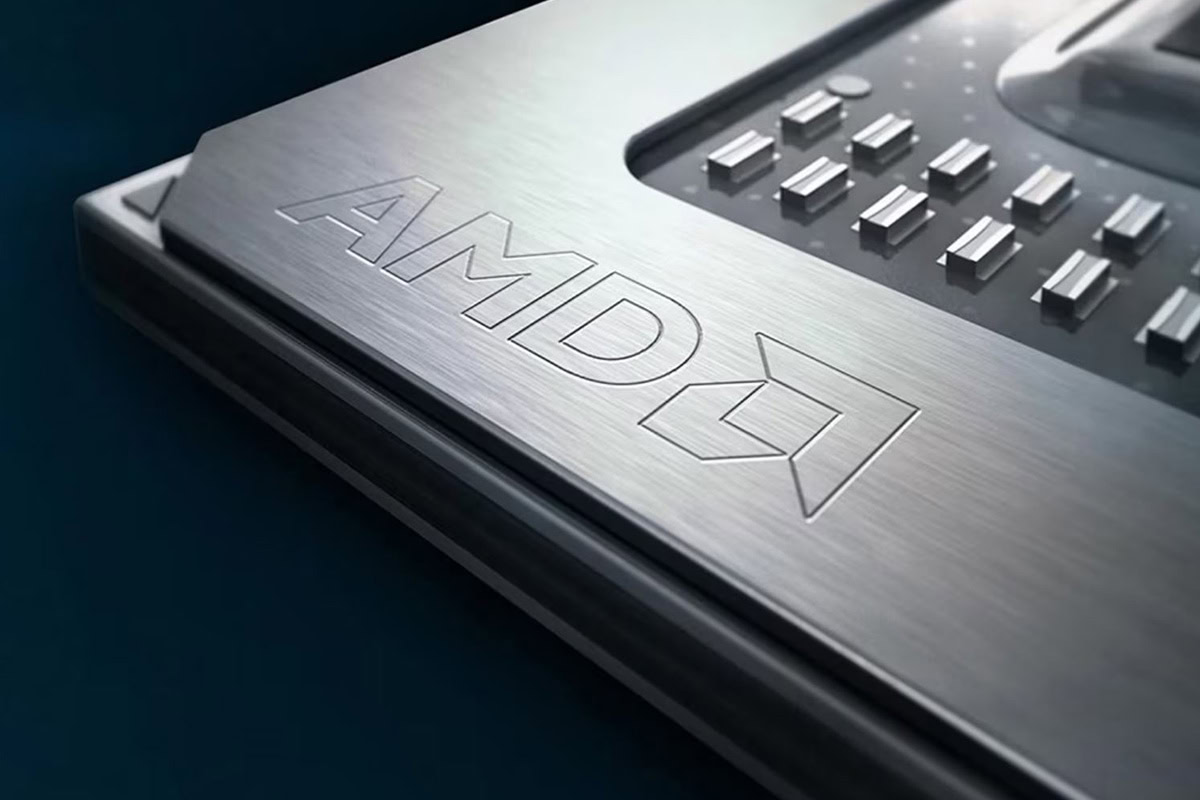
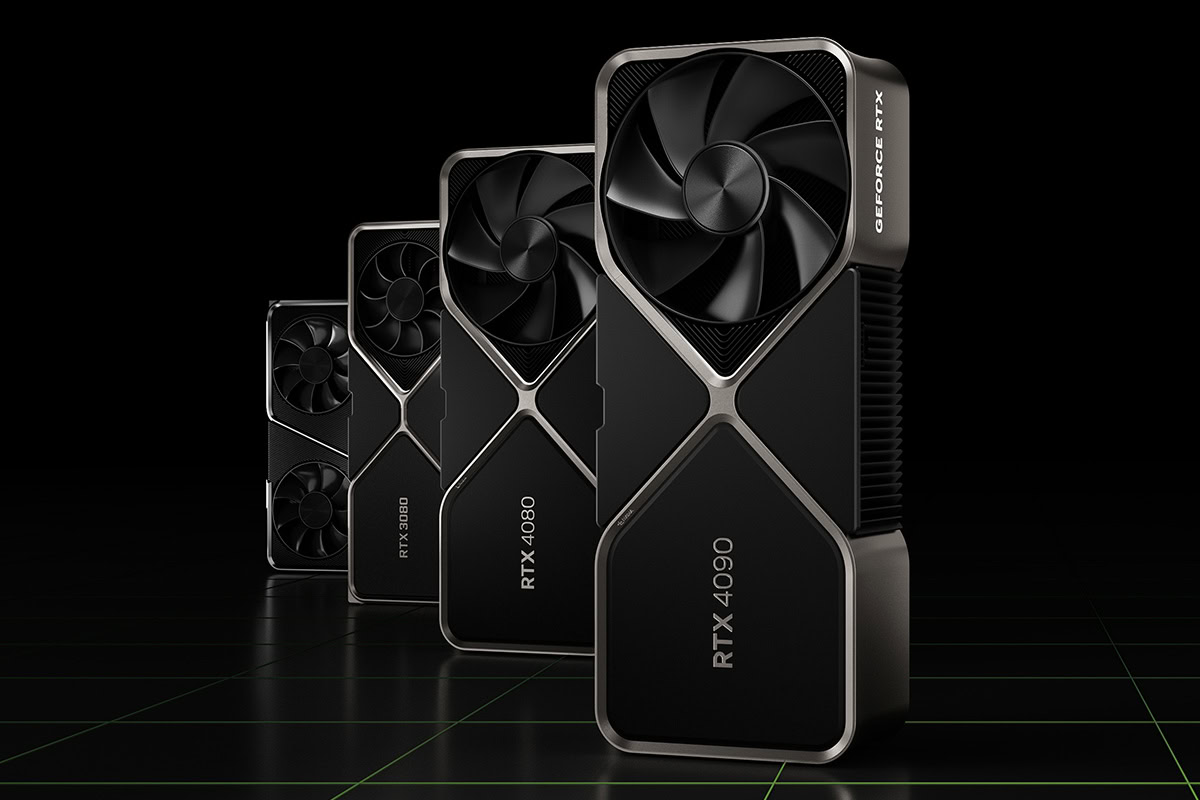
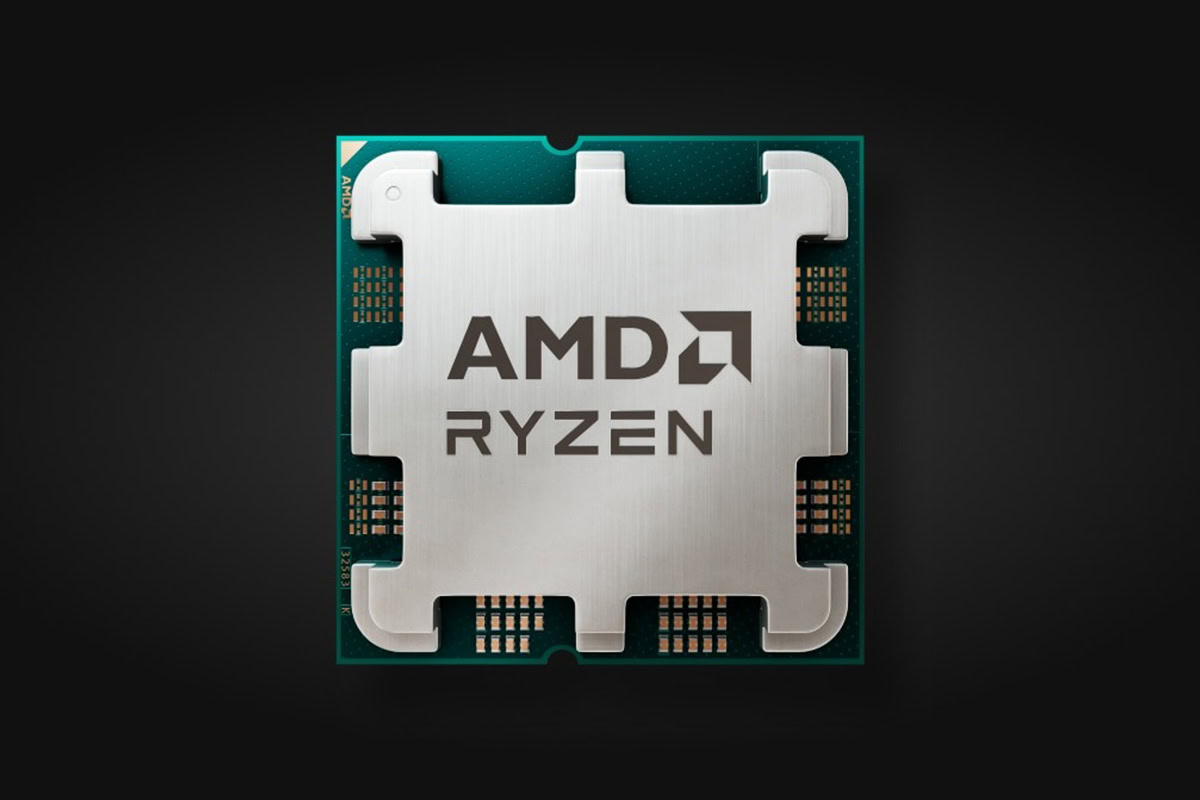


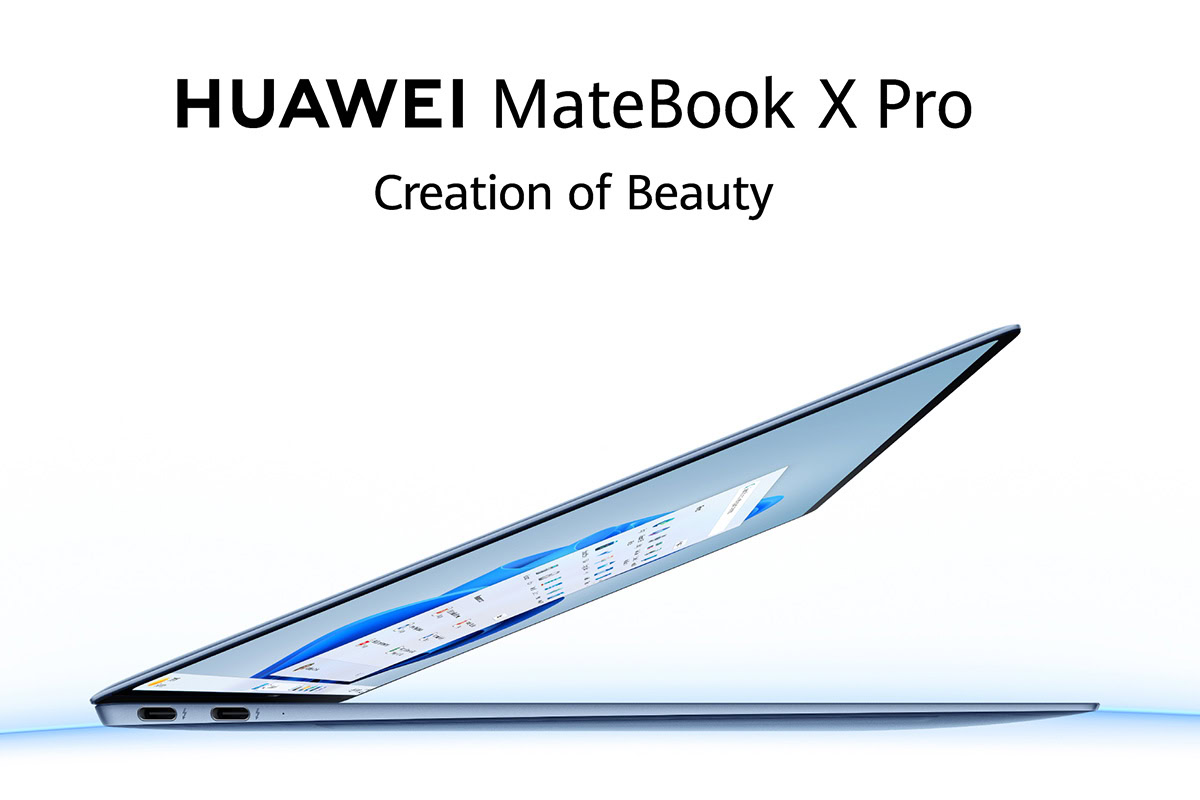



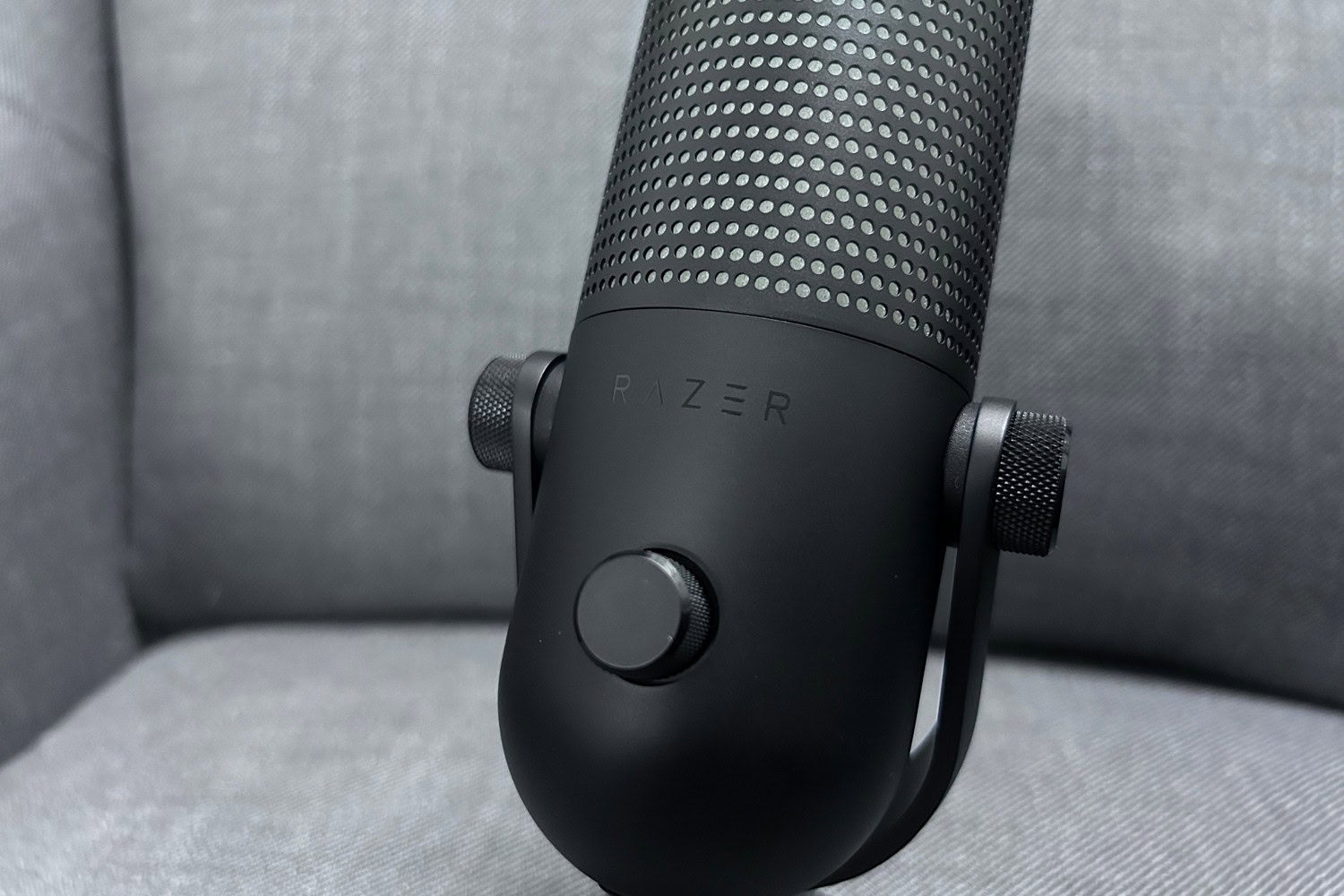
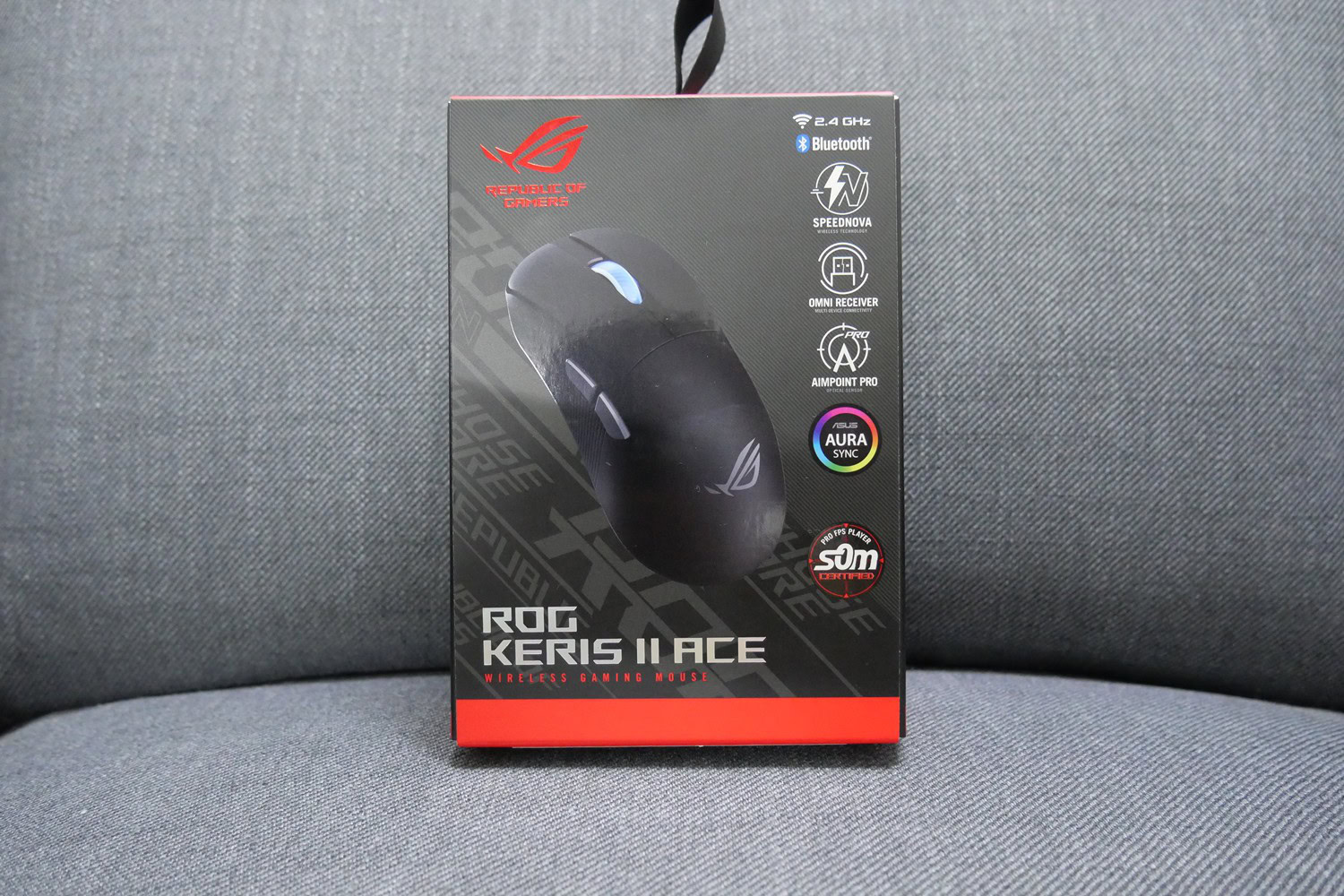
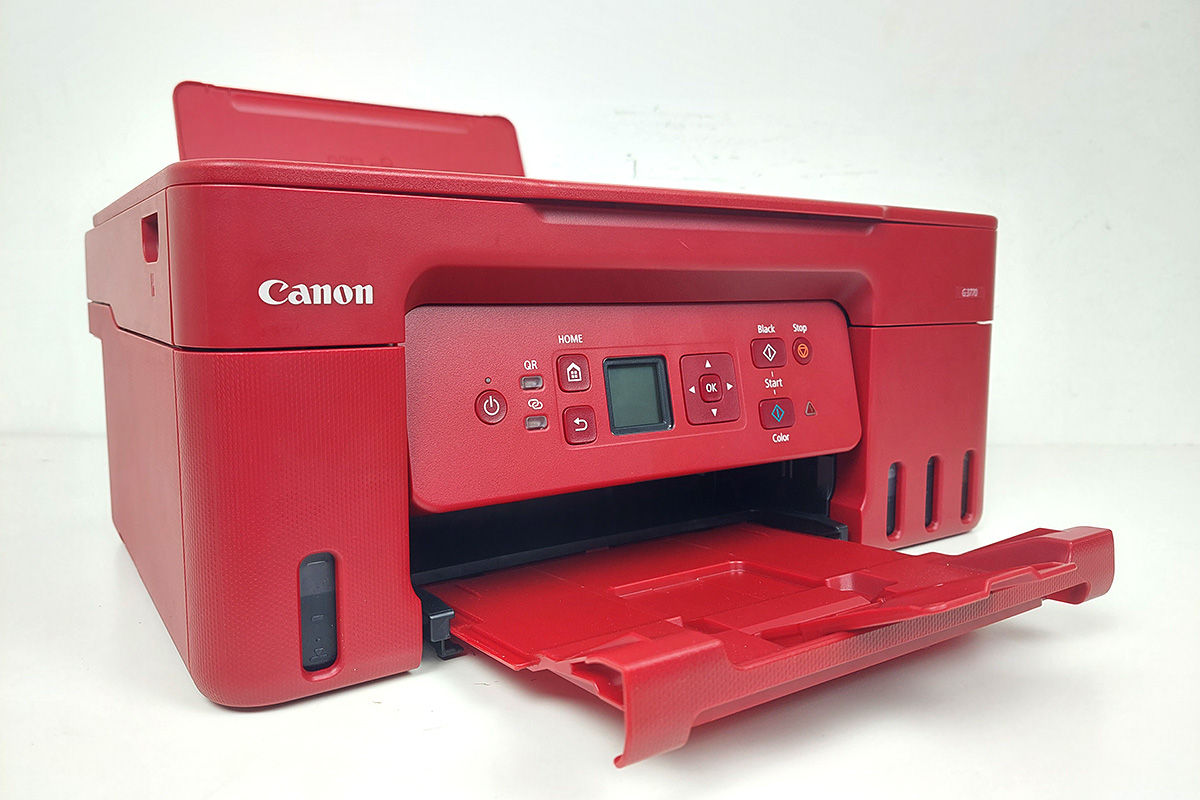

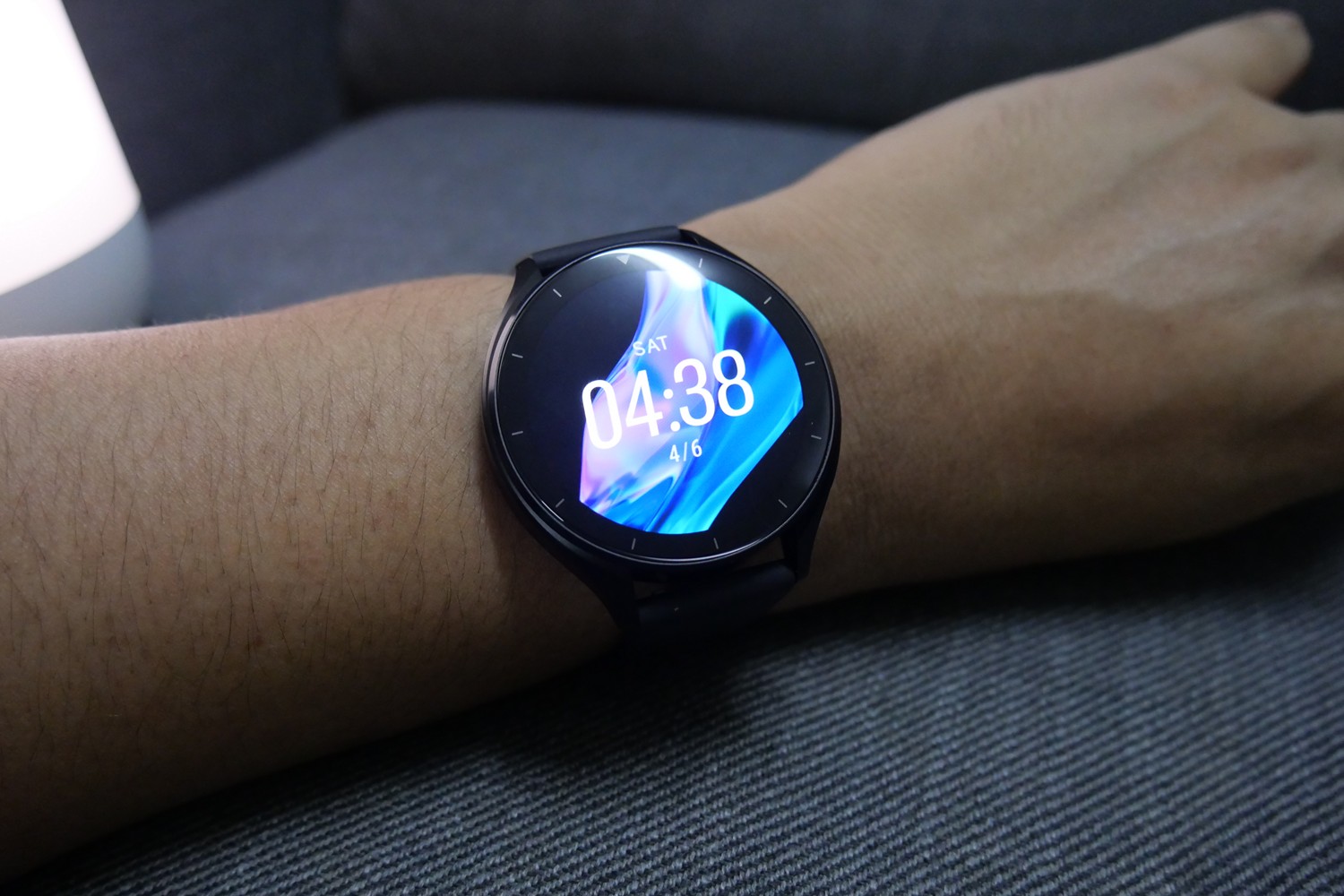
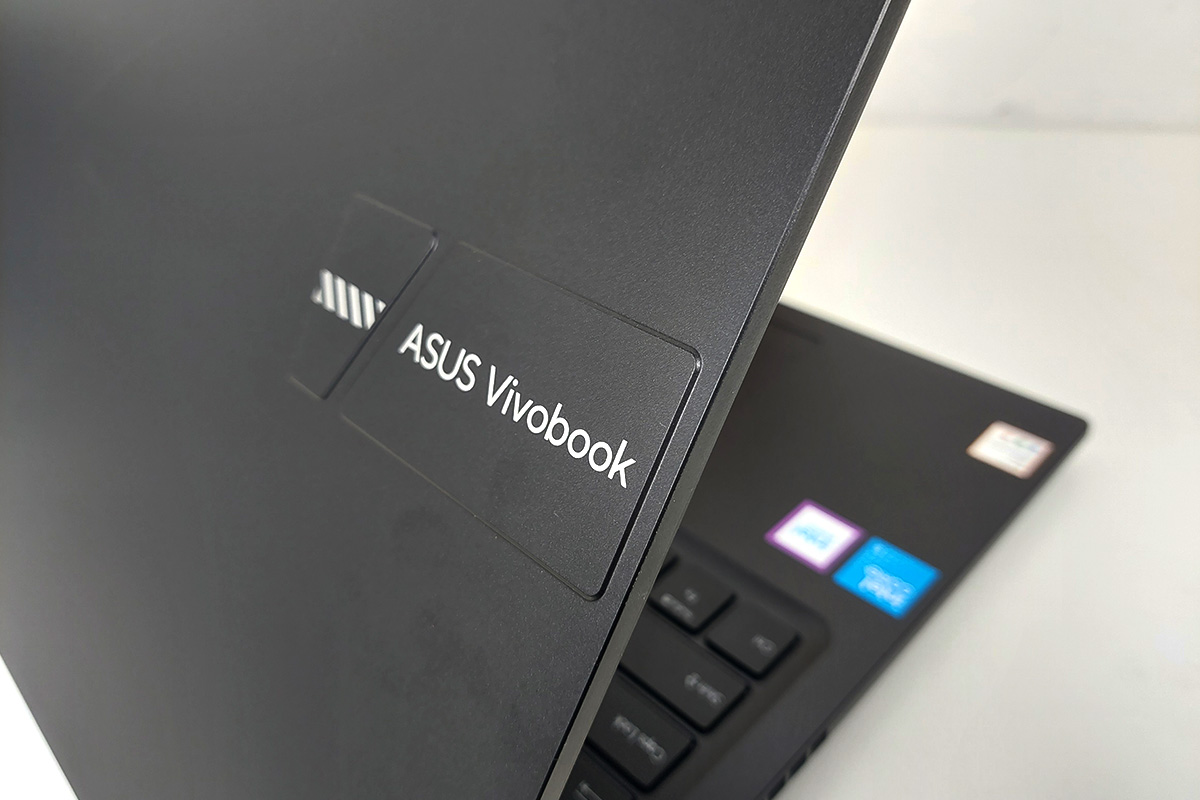
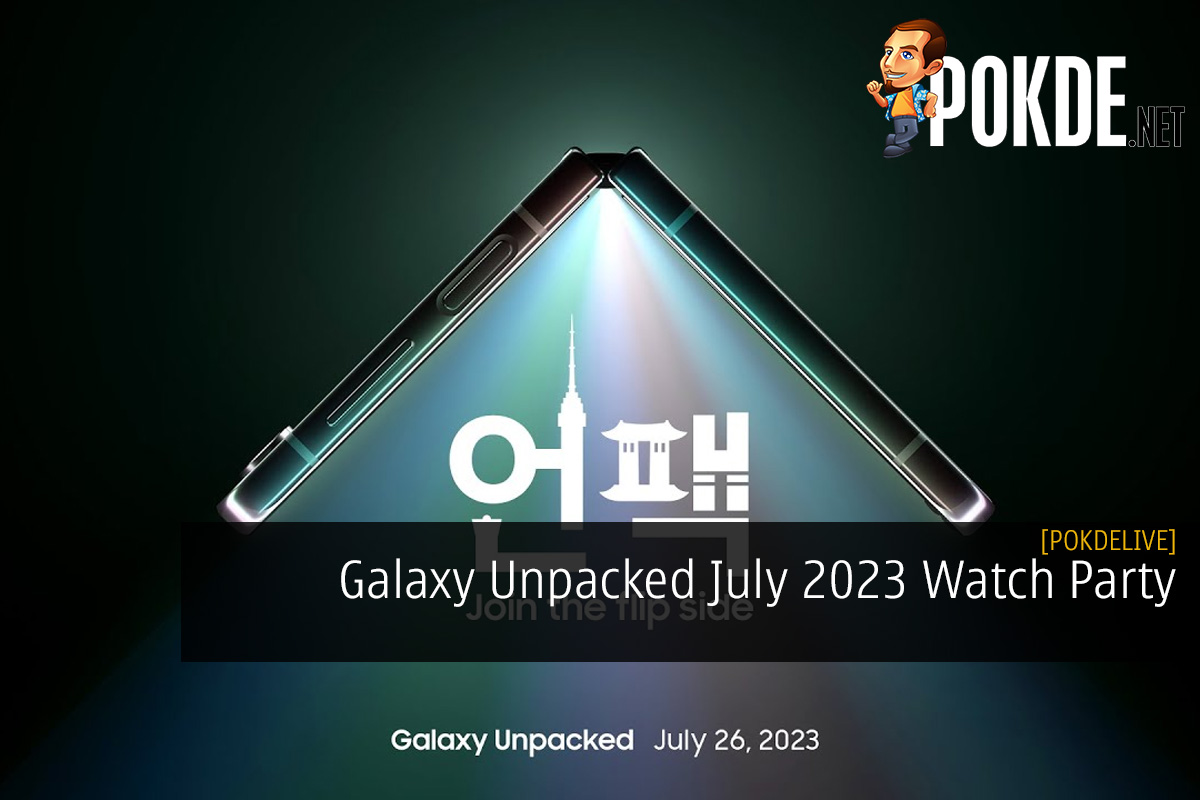





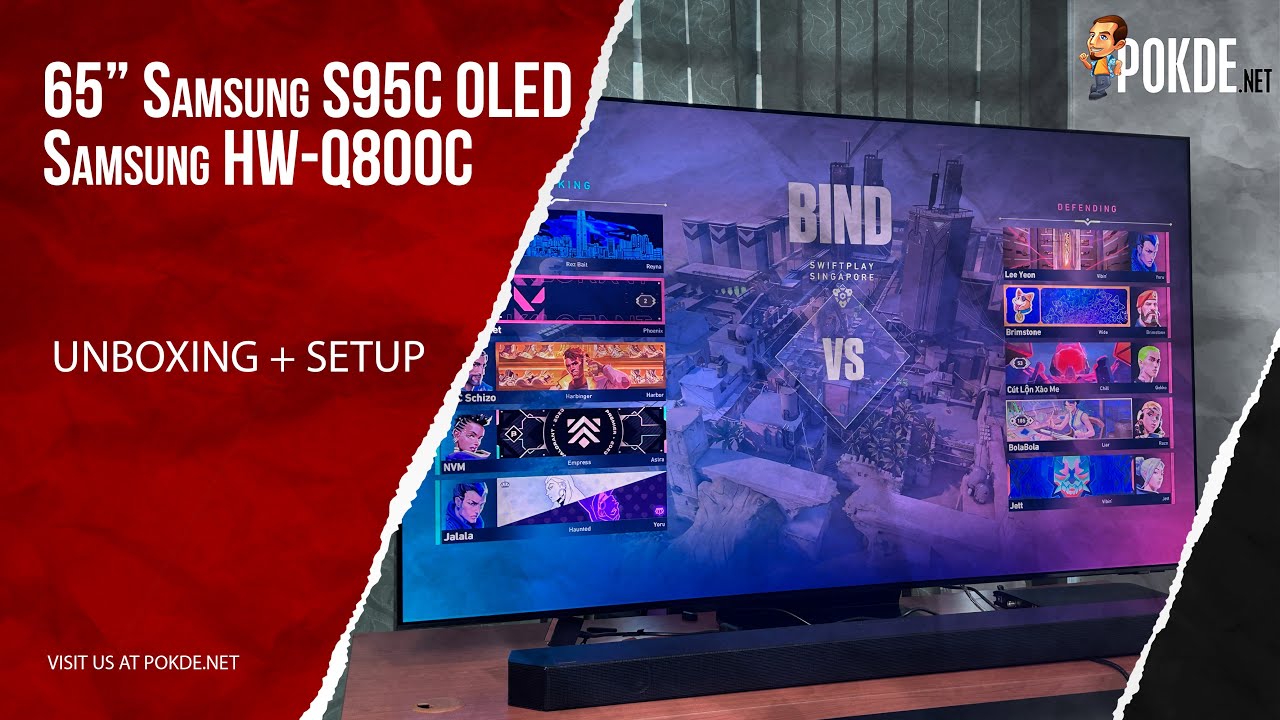







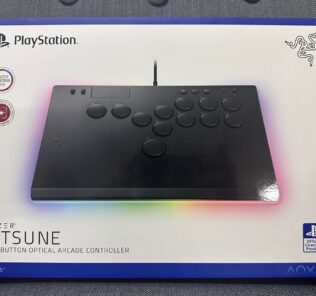
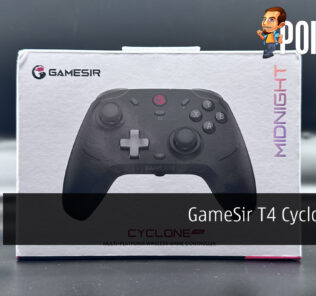





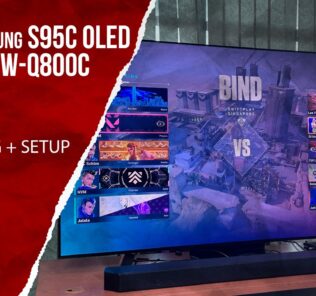
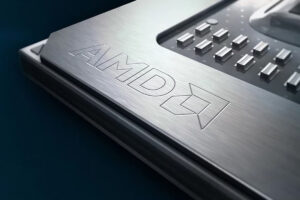
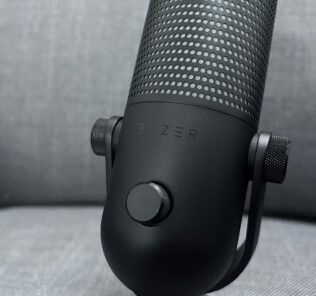



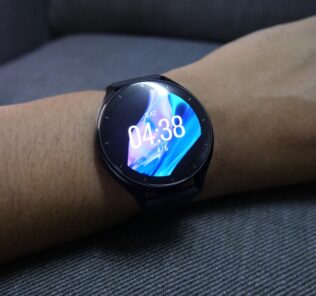

Leave a Response